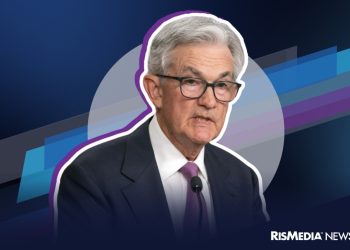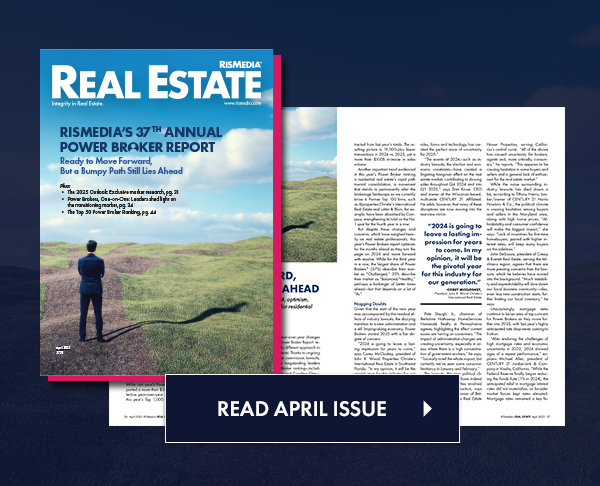The latest CPI data shows another significant taming of price increases. The question is, does it matter anymore?
After the sudden demise of two major banks in the last few days, a moderate decrease in CPI—from 6.4% to 6.0%—might not be a major factor in the next big policy decision by the Federal Reserve, with urgent concerns about whether a broader run on banks could swiftly cripple the U.S. economy.
“Before this week’s bank failures and growing risks in the banking sector, the February inflation report would have meant that it was all but certain that the Federal Reserve would continue to raise rates,” said Dr. Lisa Sturtevant, Bright MLS chief economist, in a statement. “But the recent failures of Silicon Valley Bank and Signature Bank have complicated the picture.”
So-called core inflation, which excludes more volatile food and energy costs, fell from 6.0% to 5.5%.
Until just these last few days, inflation has been the singular focus of policymakers, economists and consumers, widely viewed as the greatest danger to a recovery from the shutdowns and supply chain disruptions of the pandemic. Fed chair Jerome Powell has repeatedly said that the consequences of failure to tame inflation—through a historically fast increase in interest rates—were much greater than any danger from over-correcting.
He reiterated this in testimony to congress last week, shifting expectations again around how far and fast the central bank would raise interest rates, with many observers anticipating a 50-basis point hike this month—a major increase from the last Fed meeting,
Now, however, no one is quite sure what to expect after two large regional banks were taken over by regulators. Will Powell consider leaving rates alone altogether at the Fed’s meeting later this month, or at least realign his expectations?
“While no one knows for sure what the Fed will do, there is a growing sentiment that they will ease up on interest rate increases when they meet next week,” said Sturtevant. “If the Fed does dial back on planned rate increases, it will be a signal that they see weakness in the financial sector and the broader economy beyond just SVB and Signature Bank.”
While pundits continue to point fingers, President Joe Biden has sought to assure the public that there is no further danger, calling the fundamentals of the banking sector “strong.” And most experts—including Sturtevant—say the possibility of a repeat of the 2008 crash (at least in housing) remains low.
“It is important to keep in mind that the housing sector is very, very different than it was back then. Lending requirements are much stricter and there are few subprime loans in the market. Supply is still very low as new construction slowed considerably and ‘rate lock’ is keeping many existing homeowners in their current homes,” Sturtevant explained. “The overall economy and labor market are still doing very well. As a result, the current financial uncertainties, there is no expectation that we are headed for a collapse in the housing market.”
Looking specifically at housing in terms of inflation, Powell made it clear last month that he expects housing costs to fall, largely due to falling rents. Because those rent decreases are lagging data, the effect on the CPI has not yet been felt yet.
“It typically takes six months for new rent data to be reflected in the CPI,” Sturtevant said. “The quirk in how housing cost data are collected contributes to overstating current inflation.”
Other areas that saw significant price decreases on a month-to-month basis include used cars (down 2.8%) and energy services (down 1.7%). Fuel oil fell 7.9%, while natural gas dropped 8.0%.
While a broader crisis in the banking sector could potentially spill into nearly every aspect of the economy, Sturtevant pointed out that in the short term, real estate might benefit from a rate-hike freeze as the Fed assesses the current situation.
“For the housing sector, there is an upside to the latest uncertainty. A pause in rate hikes and a flight to more secure investments will bring mortgage rates down which could help prop up a subdued spring housing market,” she said.












